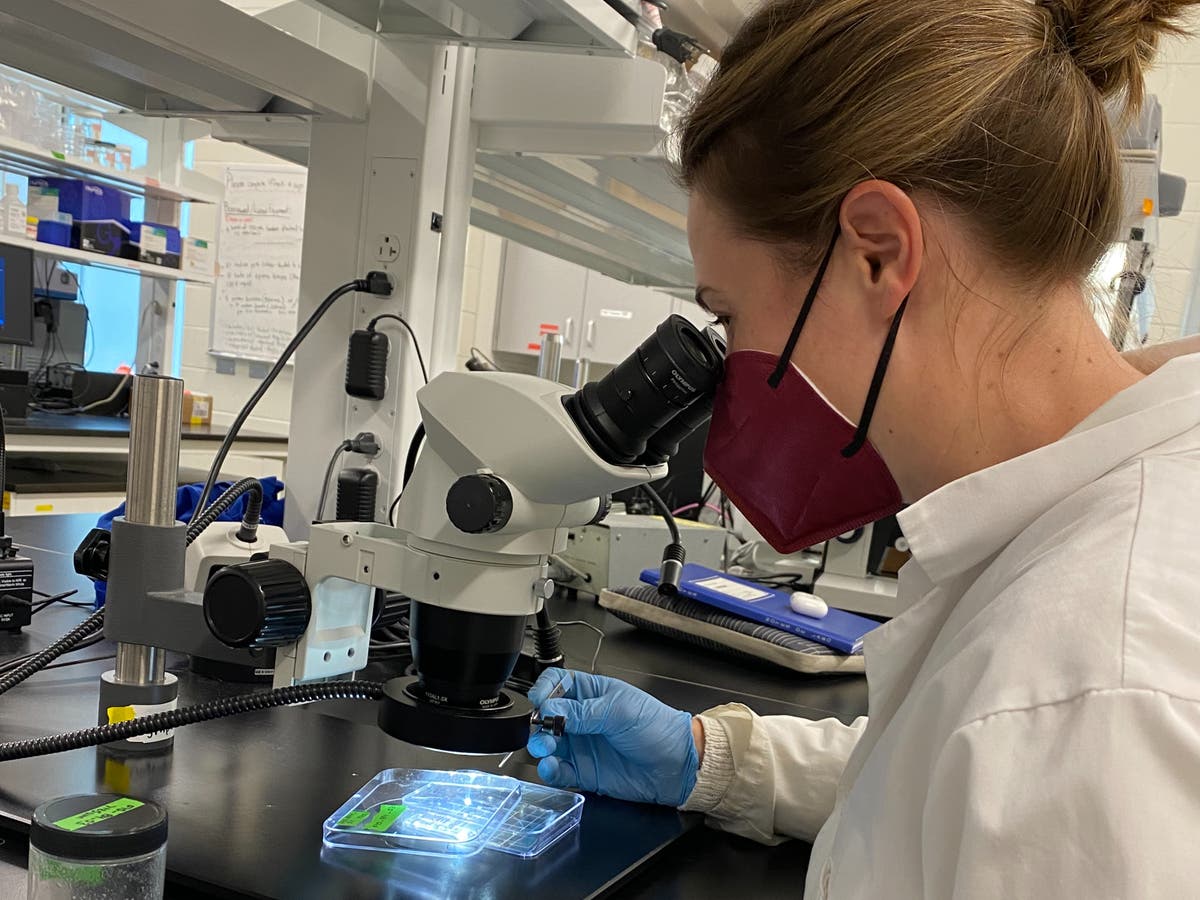Land-based protein sources like chicken, beef, pork and tofu contain as many microplastics as fishes, study finds
Microplastics have been found in nearly 90 per cent of sources of proteins, including meat and plant-based, according to a new study that serves as a startling reminder of how prolific plastic pollution has become.
While the presence of microplastics in commercial fish and shellfish has been known for long, there has been little research into terrestrial protein sources like beef and chicken that make up a large part of the Western diet.
A team of researchers studied samples from 16 different protein types destined for American consumers, including seafood, pork, beef, chicken, tofu, and three different plant-based meat alternatives. They found microplastic particles in 88 per cent of protein food samples tested.



Sure, particulate matter of any sort isn’t a good thing to inhale. I’m just wondering if there’s anything specific to plastic. Some of the additives are proven to be awful but e.g. polyethylene has so little available surface energy I wonder if it can be doing much, chemically speaking. If it’s not this it’ll be something else, I’m sure.
From this article…
Okay, yes, that’s my current understanding.